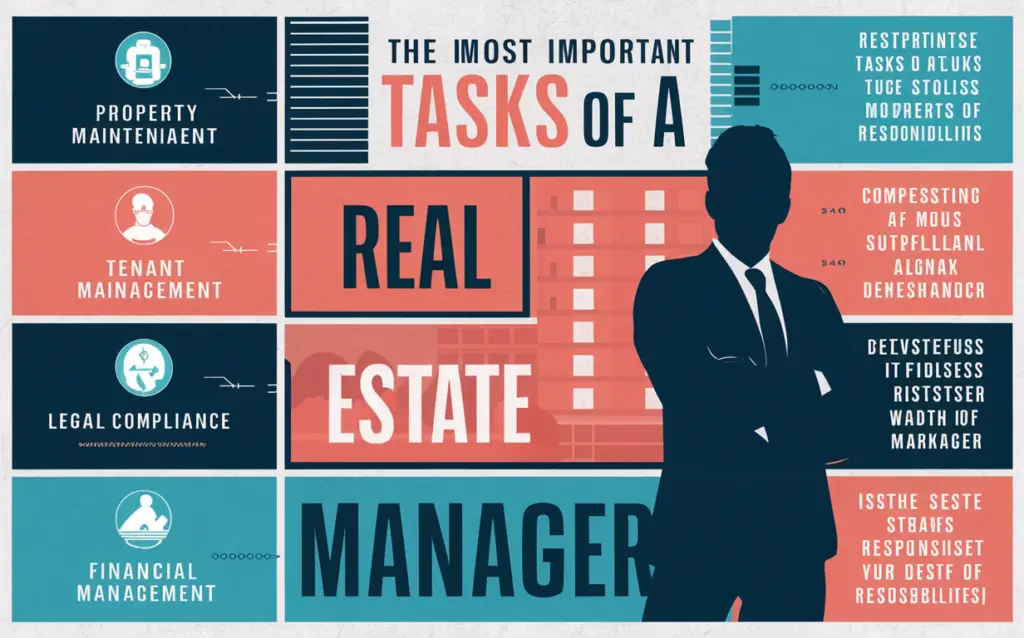How do I find the right CAFM solution?
Computer Aided Facility Management (CAFM) ist ein umfassendes Konzept zur computergestützten Verwaltung von Gebäuden, Anlagen und Infrastrukturen. Es integriert verschiedene Aspekte des Facility Managements in eine zentrale Softwarelösung. CAFM-Systeme bieten Funktionen wie Raum- und Flächenmanagement, Instandhaltungsplanung, Energiemanagement, Bestandsverwaltung und Umzugsmanagement. Der Einsatz von CAFM-Systemen ermöglicht Unternehmen eine effizientere Ressourcennutzung, Kosteneinsparungen und Produktivitätssteigerungen. Durch die Zentralisierung von Informationen und Prozessen können Entscheidungen auf Basis aktueller Daten getroffen werden. Dies führt zu […]
How do I find the right CAFM solution? Read more »




















